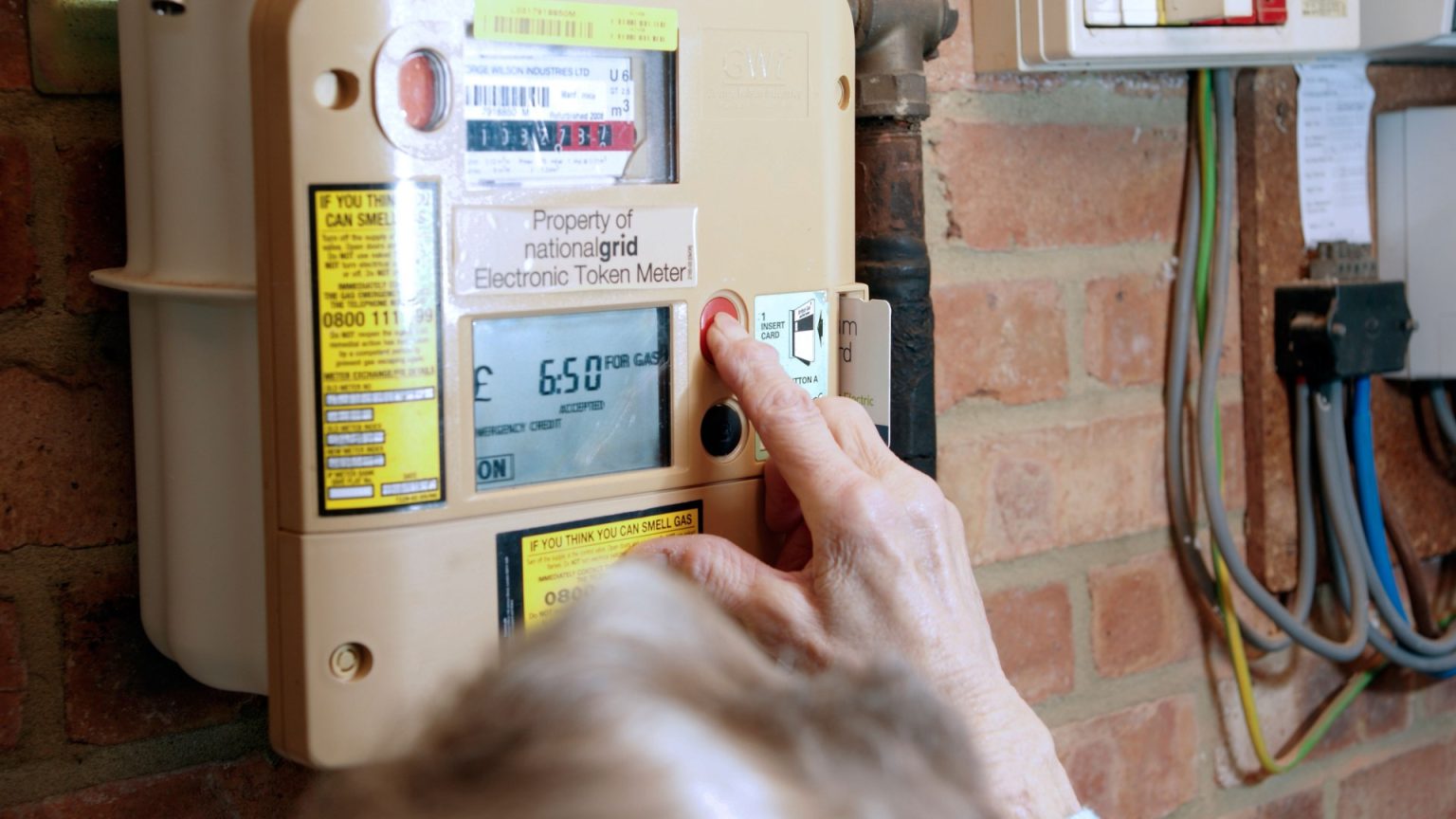Millions of UK households relying on prepayment energy meters faced a price hike this week, bringing their annual energy costs to £1,690, a £21 increase from the previous quarter. This rise comes amidst a cold snap and adds to the financial strain on vulnerable households, especially pensioners who may not receive the Winter Fuel Payment this year. However, several energy suppliers offer emergency credit options and other support schemes to help customers manage their energy costs during this challenging period.
Emergency credit schemes provide a temporary lifeline for prepayment meter users running low on funds. Utilita offers up to £100 in emergency credit (£60 for gas and £40 for electricity), requiring customers to have less than £2 credit, a functioning smart meter, and less than £20 of existing debt. British Gas provides a £10 emergency credit when the normal credit balance falls below £1. Octopus offers up to £30 (£10 for electricity and £20 for gas) when credit dips to £1 for electricity and £2 for gas. EDF provides £10 emergency credit for both electricity and gas meters when the balance drops to 50p or less for electricity and £0 for gas. These emergency credit options generally require repayment upon the next top-up, with varying repayment methods depending on the supplier.
Beyond emergency credit, a range of support measures are available for households struggling with energy bills. Suppliers often offer repayment plans, allowing customers to pay off debt in manageable installments over a set period. Negotiating a more affordable plan is crucial if the initial offer is unsustainable. Several energy companies also offer grants to eligible customers based on their financial circumstances. British Gas, for example, offers grants up to £2,000, while EDF, E.ON, Octopus Energy, and Scottish Power also provide financial assistance programs.
The Priority Services Register (PSR) is a vital resource for vulnerable households, offering protections and support. Benefits include advance notice of blackouts, free gas safety checks, and additional assistance for those facing financial difficulties. Eligibility criteria vary, but the PSR is designed to help elderly, disabled, and chronically ill individuals, among others. Contacting your energy supplier is the first step to determine eligibility and register for the PSR.
Applying for emergency credit often involves a straightforward process. Utilita users can apply through their mobile app, specifying the desired credit amount and a preferred repayment rate. This allows customers to control the percentage of their next top-up allocated to repaying the emergency credit. Other suppliers typically activate emergency credit automatically when the meter balance reaches a certain low threshold, deducting the used credit from the subsequent top-up.
If you’re struggling with energy bills, proactive communication with your supplier is essential. They can assess your situation, explain available support options, and help create a manageable repayment plan tailored to your financial capacity. Suppliers are obligated to discuss debt management strategies and may offer payment pauses or grants in cases of severe financial hardship. Several suppliers, including British Gas, Scottish Power, Ovo, E.ON Next, EDF Energy, and Octopus, have dedicated grant programs. The British Gas Energy Trust offers grants to anyone, regardless of their energy supplier. Seeking assistance promptly can prevent disconnection and help navigate financial challenges effectively. For further financial guidance, resources like the Sun’s Money team and online forums can provide additional support and advice.











